By Erica Peiffer, Marketing & Member Services
In the spirit of Cooperative Principle 5, Education, Training, and Information and Cooperative Principle 7, Concern for Community, I attended Pennsylvania Association for Sustainable Agriculture’s 27th Annual Farming for the Future Conference. The four-day conference took place February 7-9 at Penn State University. The theme this year was “Farming in a Time of Transition.”
What does “Farming in a Time of Transition” mean? Plenary sponsor Tom Beddard of Lady Moon Farms posed this question and his conclusion touched on the themes explored throughout the conference including:
- climate change
- urban agriculture
- farmer demographics shifting around age, gender, and race
- national policy changes, particularly around immigration, organic standards and the Farm Bill
- soil health as an environmental benchmark
- growing economic disparities
- the steep rise in consumer demand for organics
I sojourned through the conference with a few questions of my own: “What do our farmers need us as consumers to understand, and how can we do our fair share in the local food system?”
Sustainable agriculture is foundational to our Co-op: farmers sustain us with healthful foods and land stewardship, and in turn, we sustain them as consumers who are willing to pay the true cost for our food. We do this because we understand the value of a triple-bottom-line. Local and small-scale farmers are boots on the ground, working day-in and day-out to build the “ethical and resilient food infrastructure” we as Co-op members strive to create. Our membership’s commitment to sustainable agriculture is clearly and consistently demonstrated in bi-annual member survey results, and more concretely in sales figures (about 25% of annual Co-op sales are of local products).
During the session “Advocacy Counts,” I heard from farmers who had entered the sphere of local politics to protect their rights to farm and promote sustainable development in their townships. I also attended a workshop that highlighted considerations for the next Farm Bill, a broad-reaching piece of legislation to be delivered to Congress later this year, and I recognized our Co-op’s seat on the Pittsburgh Food Policy Council as the best resource for staying informed and for mobilizing on the local level. Sporting my “Stronger Together” t-shirt, I felt a unique moment of pride mixed with a sense of responsibility as I represented our Co-op’s 13,000+ member-owners in the Western Region Breakout Session; no other retailer was there to hear from our local farmers.
Later that day, I heard farmers testifiy to the effects of climate change, like increased extreme-weather events such as rain and high temps, and how rotational grazing for pastured livestock and cover-cropping to build organic matter in the soil work to mitigate the risks for all of us. Then, during the keynote address, farmer and activist Karen Washington encouraged us each to connect the dots along the food chain and to sow the seeds of food justice wherever we are.
PASA’s Executive Director Hanna Smith-Brubaker concluded with a reflexive call to action, “As you leave the conference, what is your to-do?” I realized mine was to share what I learned at the conference with my fellow Co-op members, empowering and challenging all of you to do your fair share. The remarks from both Ag Leadership Award recipients drove this home for me. Edwin Shank of The Family Cow made a point to thank the customer, saying “we can’t do our work without the customers who support us.” Farmer and former PASA board member Lyn Garling said she was only enabled to do exceptional work thanks to the community that had supported her. As we stood to recognize her for leadership and service, she held up a mirror.
While the banner theme of the conference was transition, I sensed the strong undertones of cooperation and empowerment. I came to understand that “the” answer to building our food system does not exist; everyone holds a piece of the answer, including you as a consumer member-owner of our Co-op.
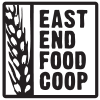

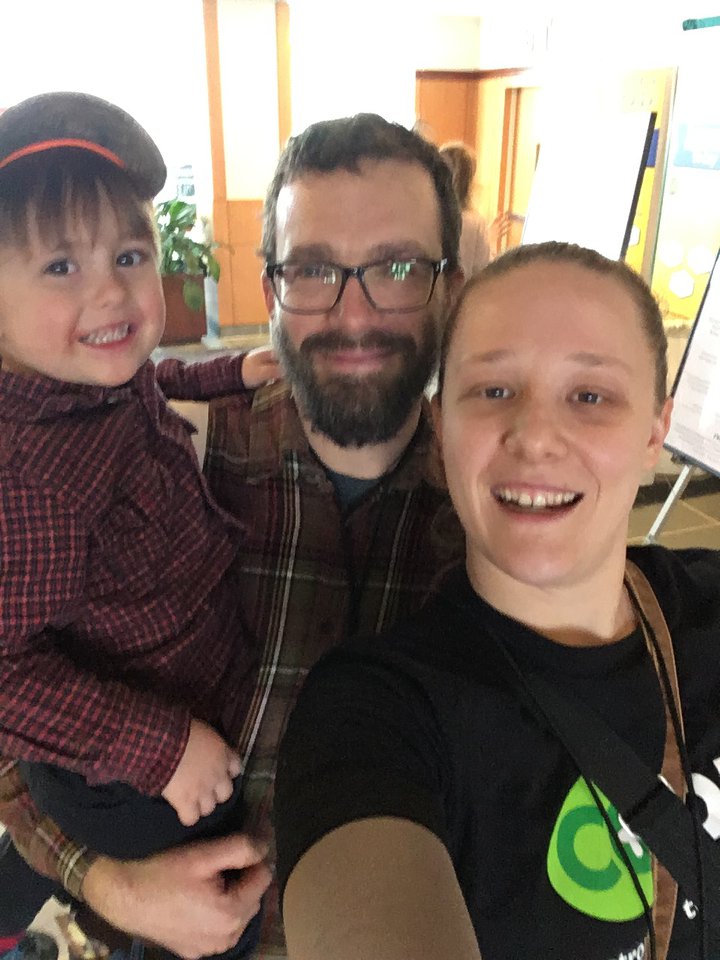

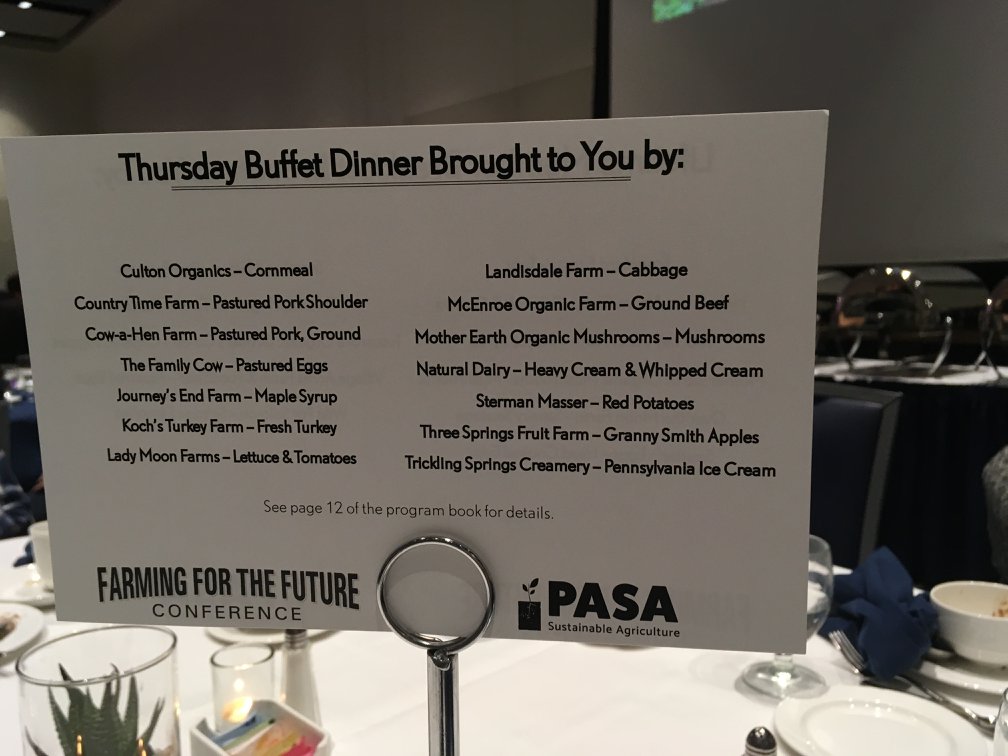
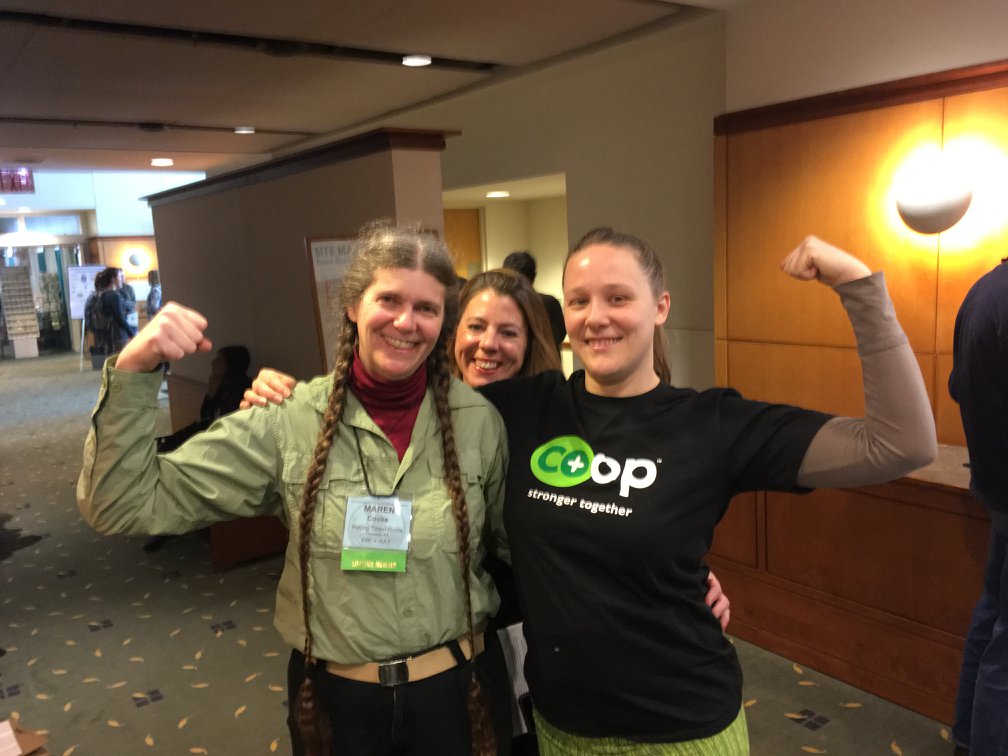
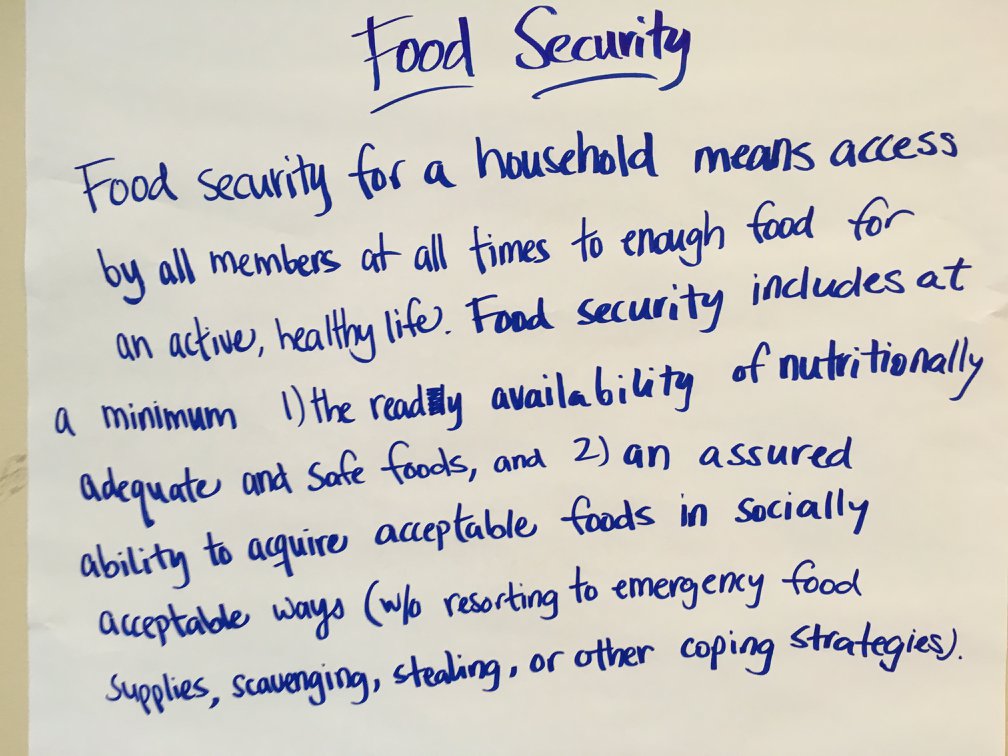
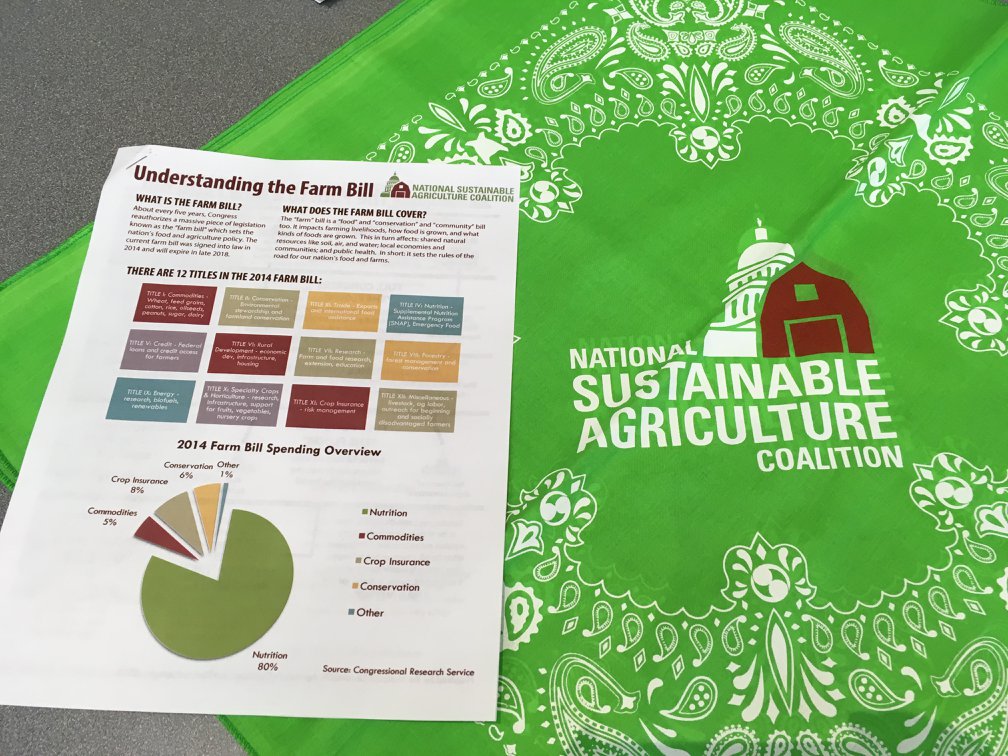
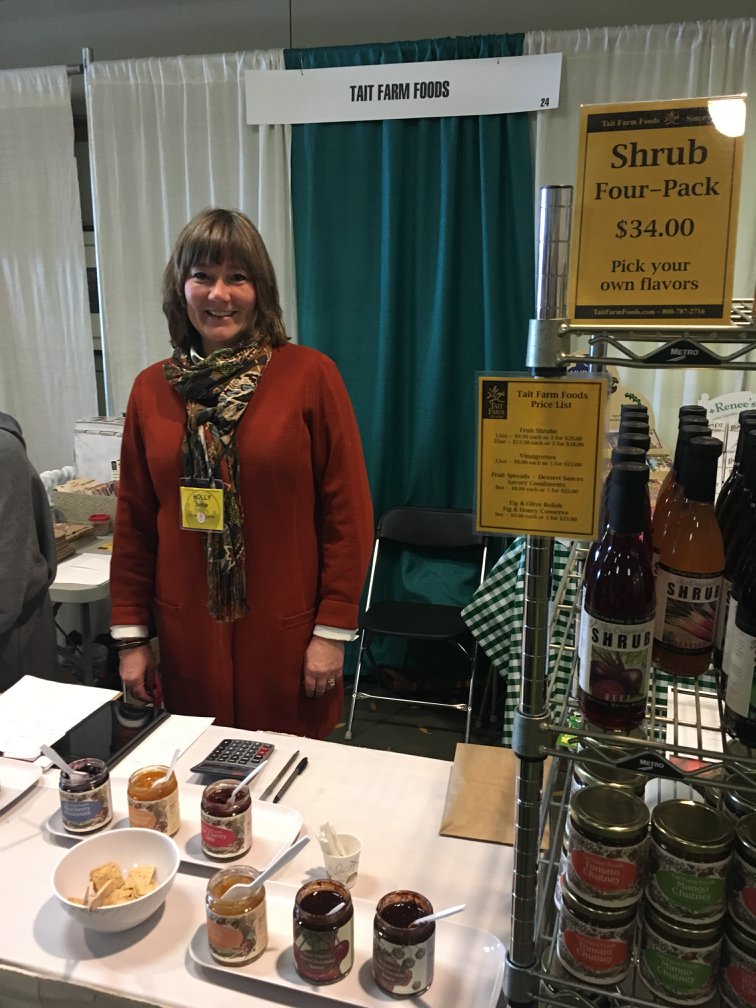
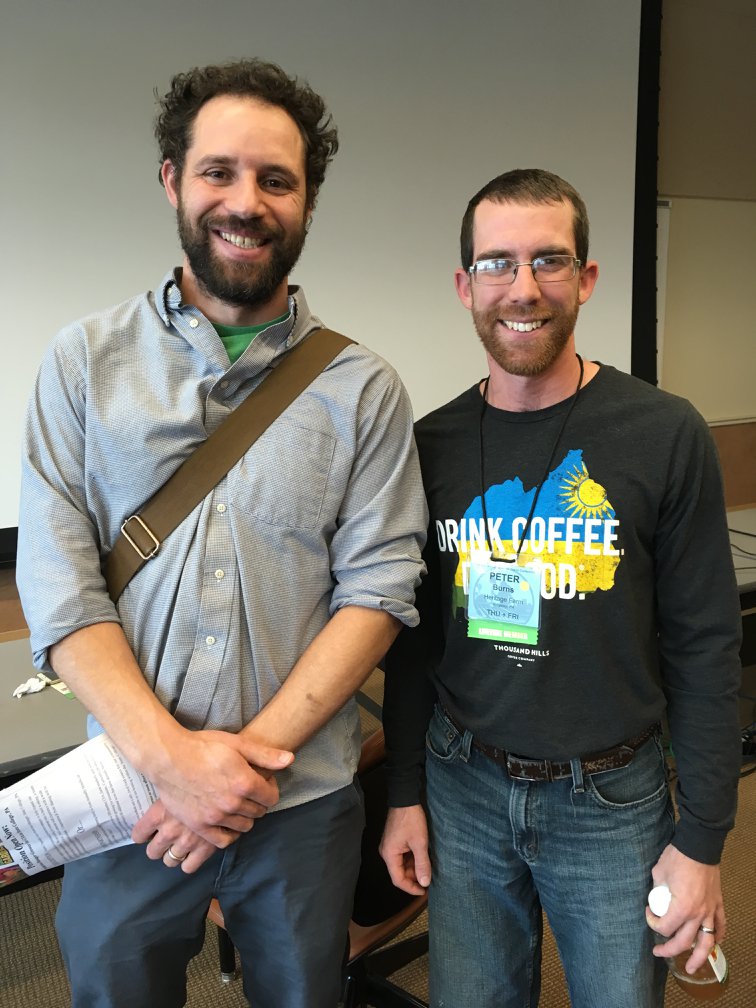
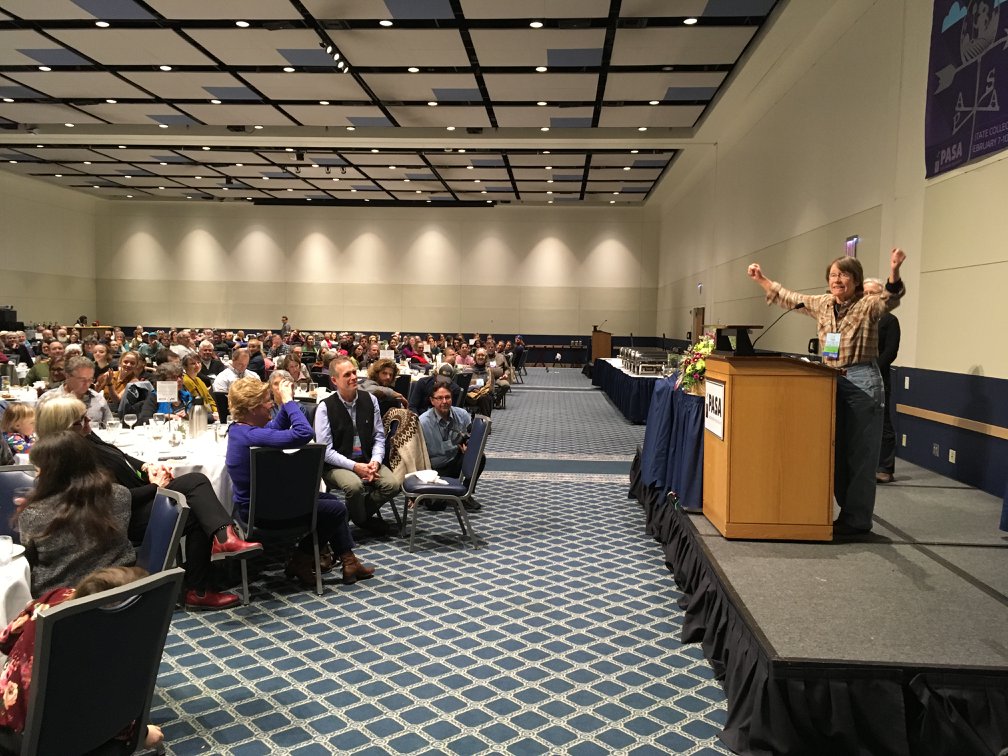
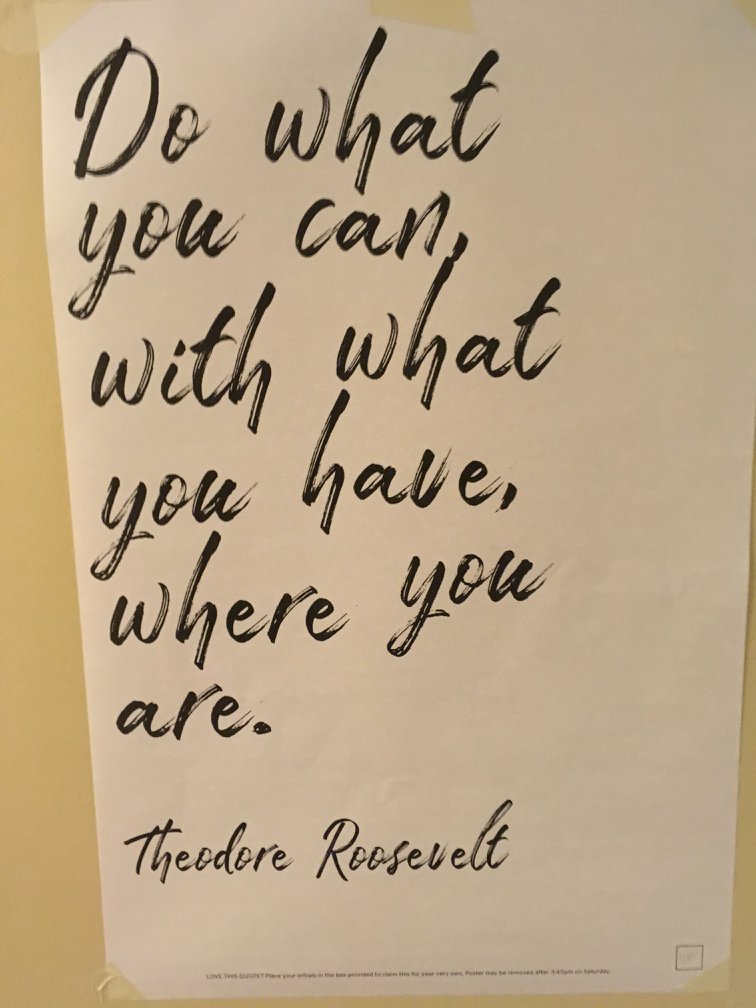
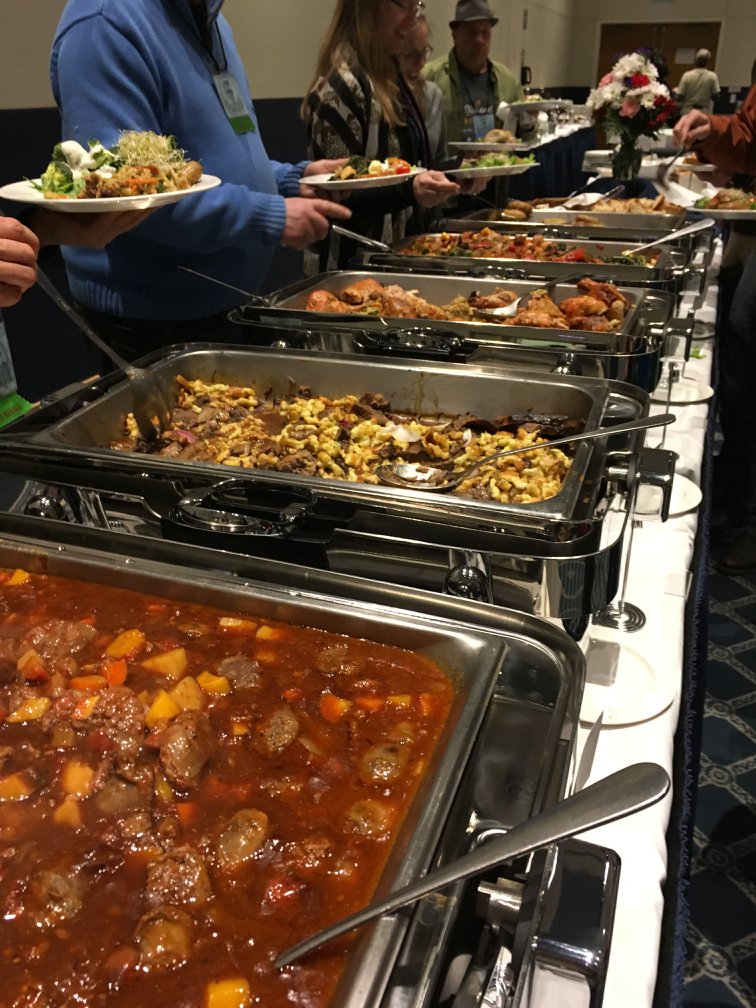
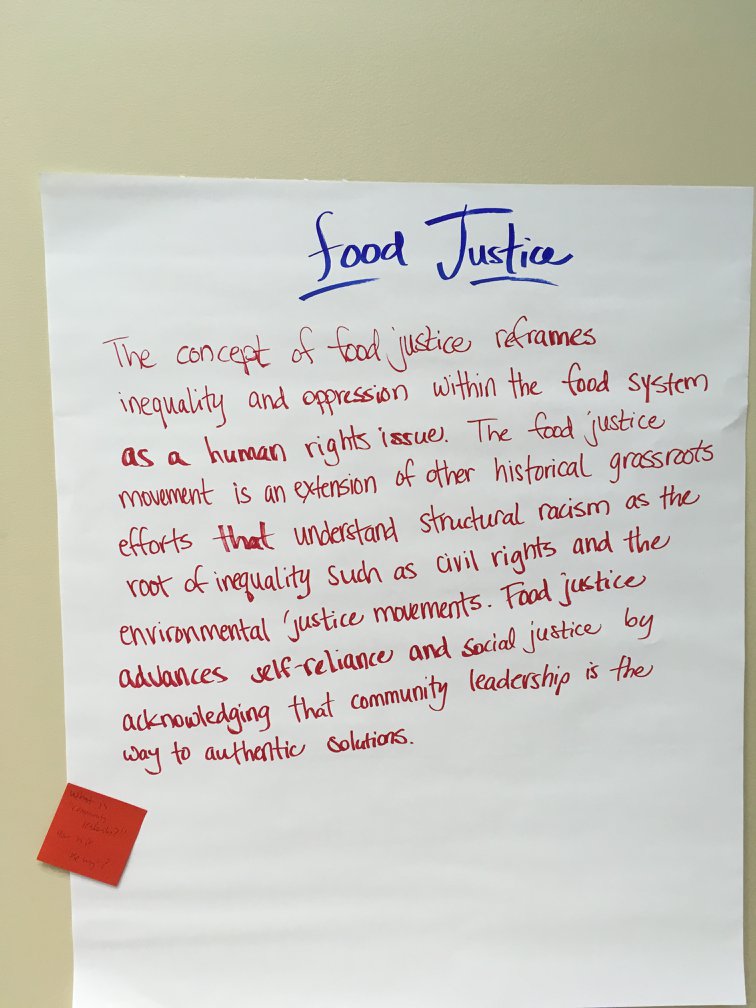
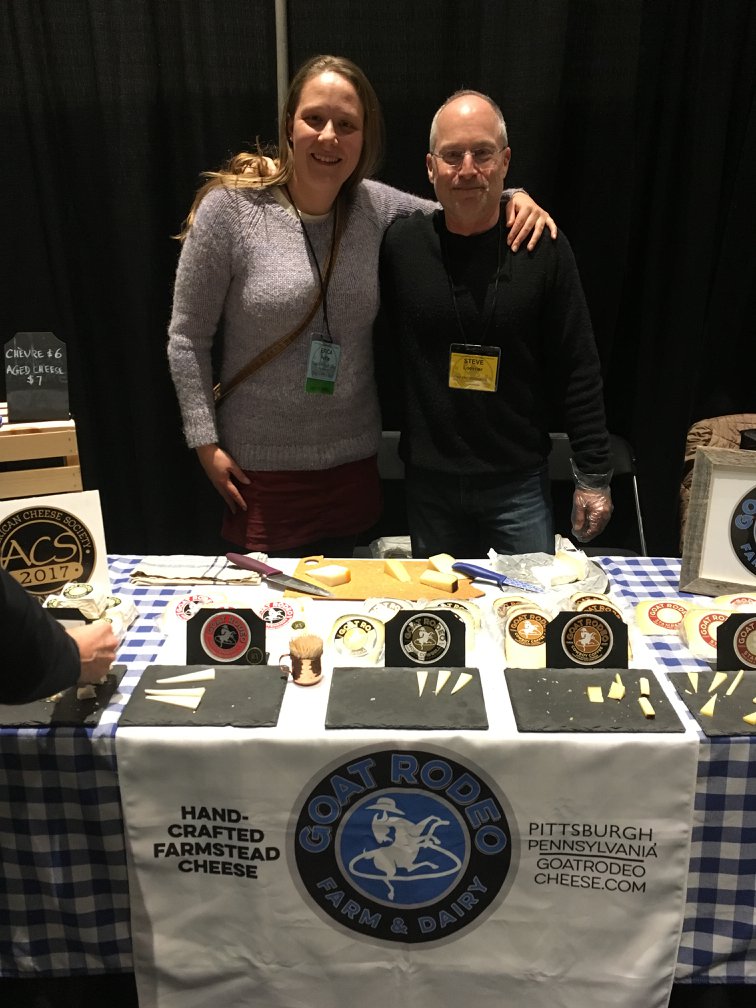
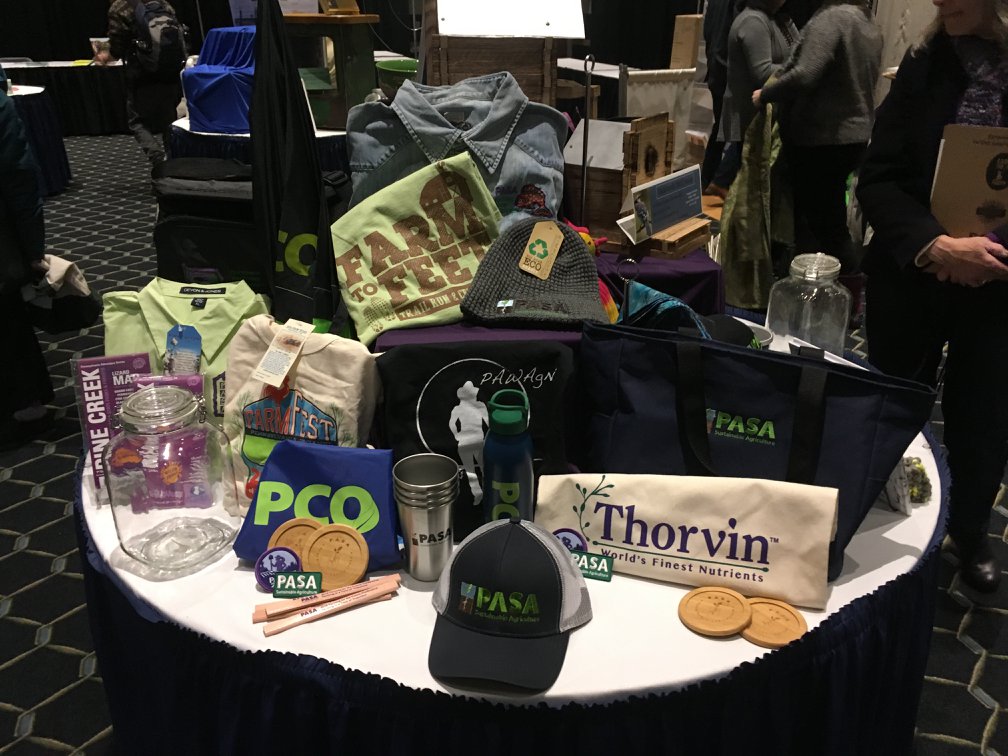
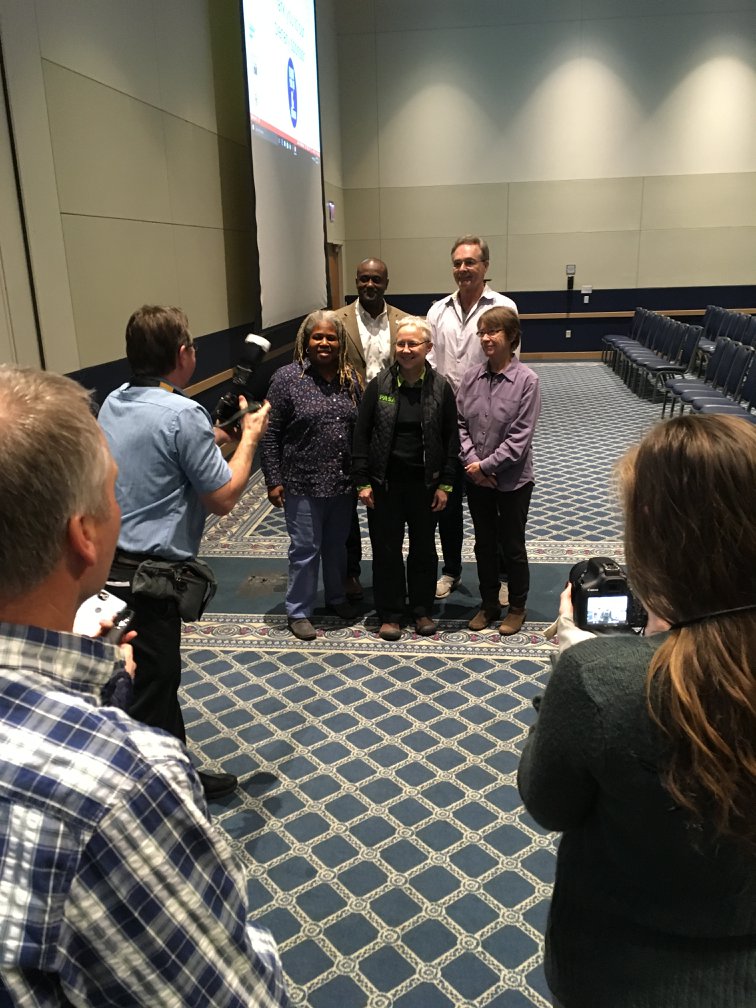
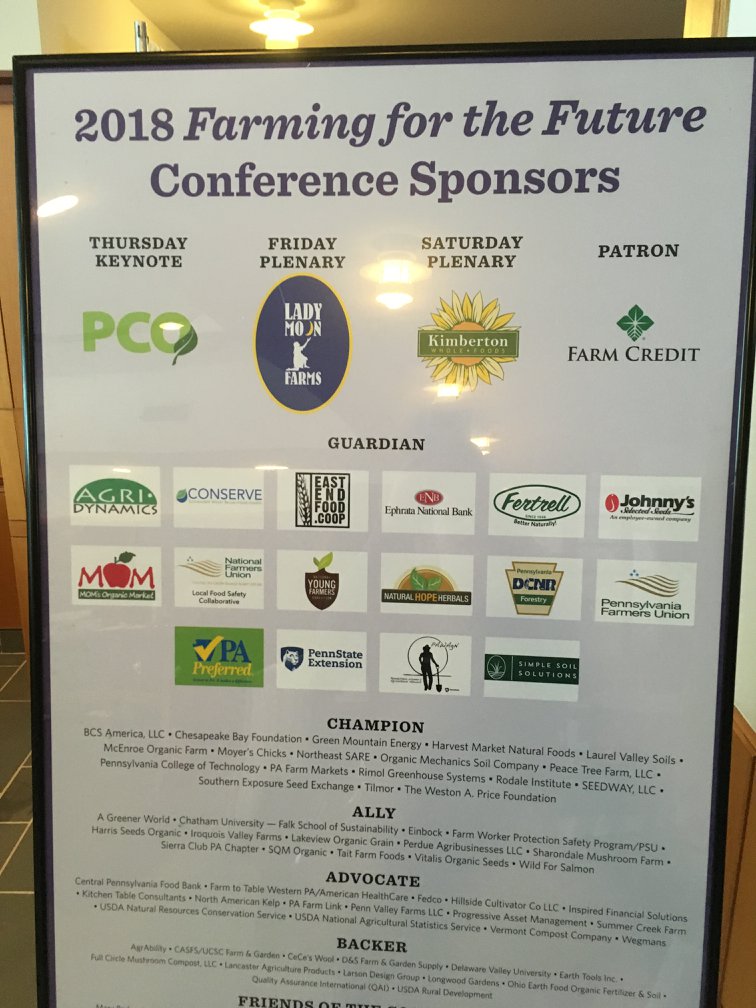
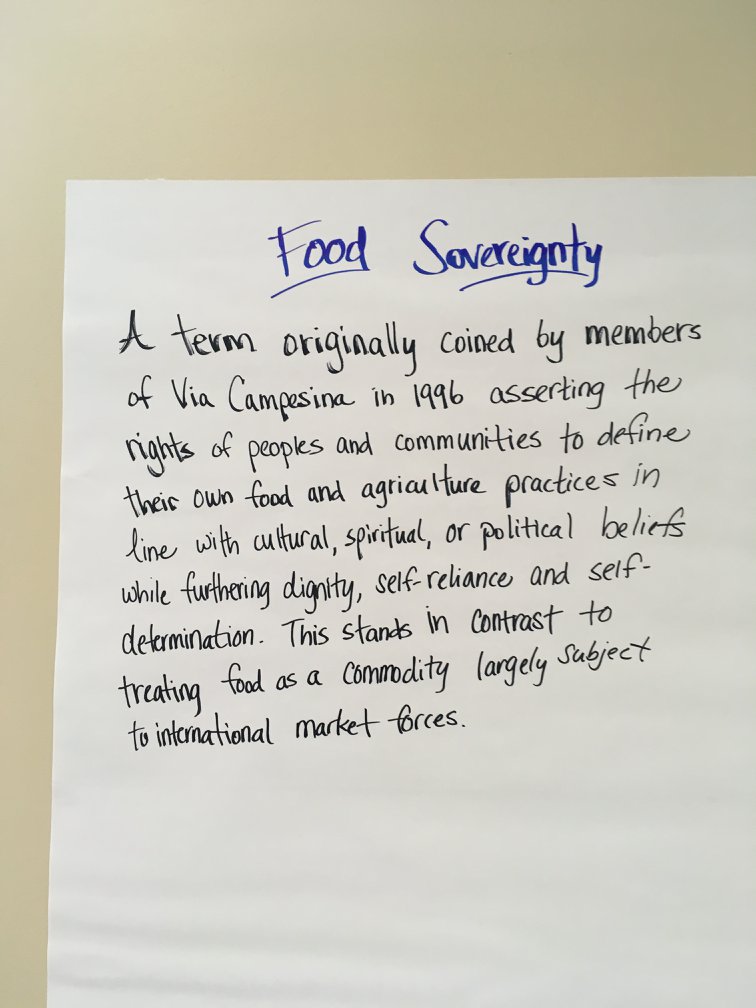
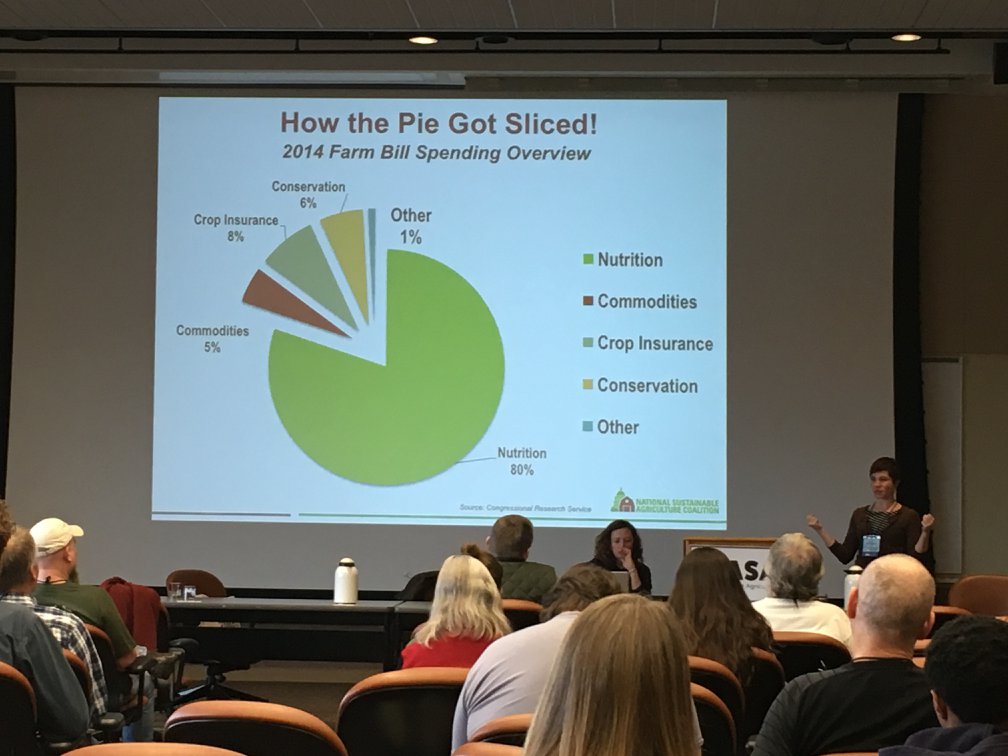
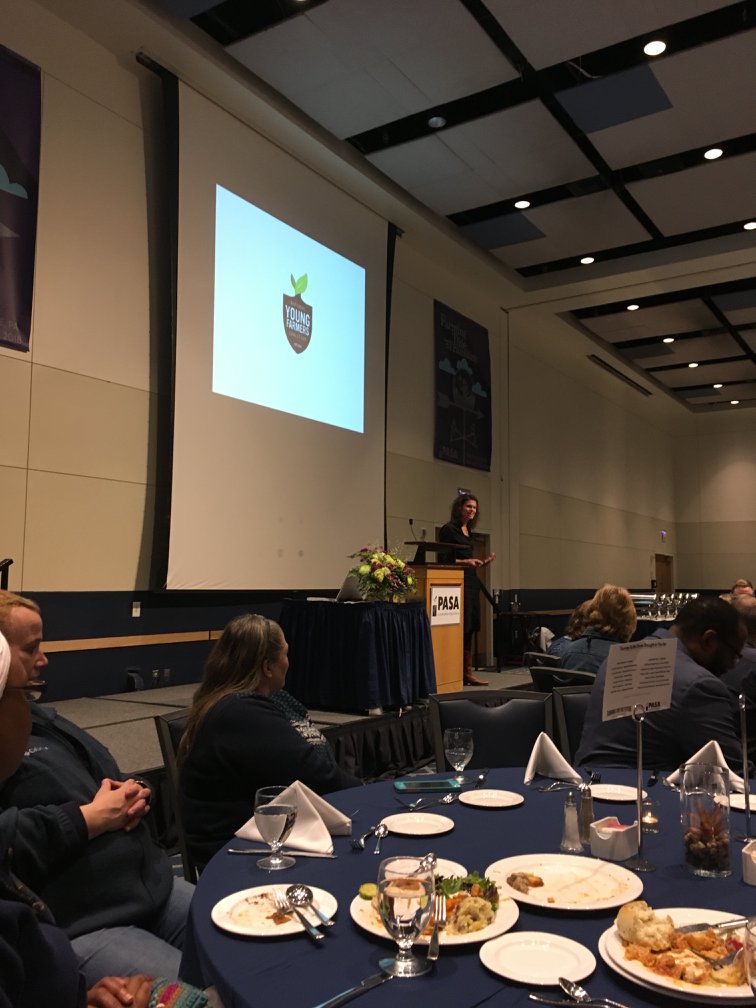
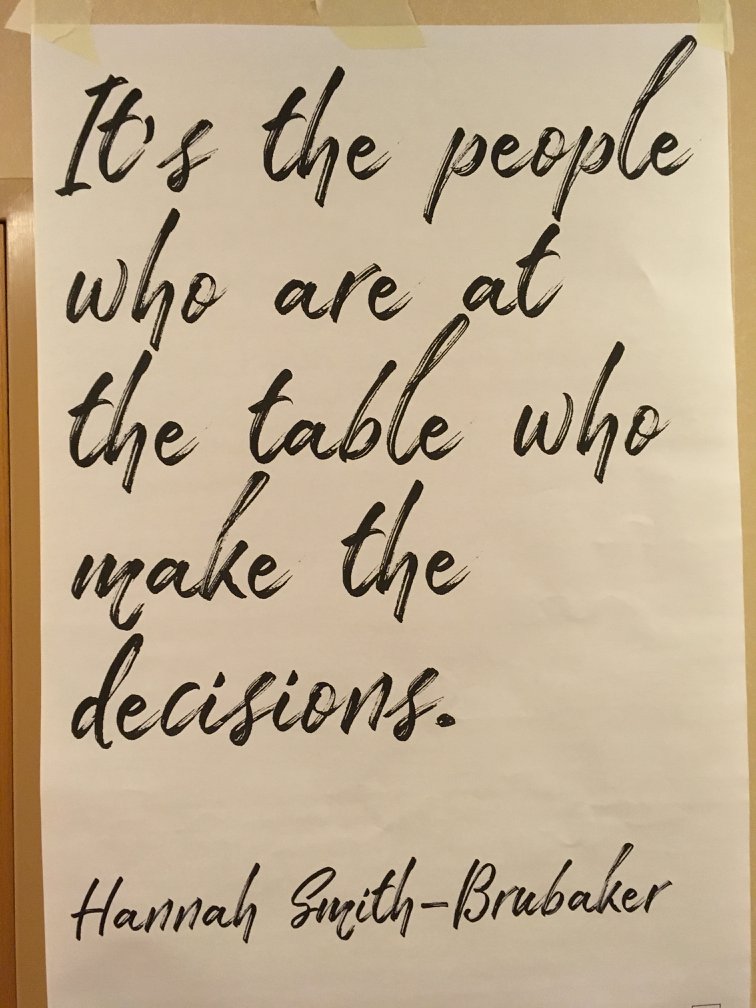
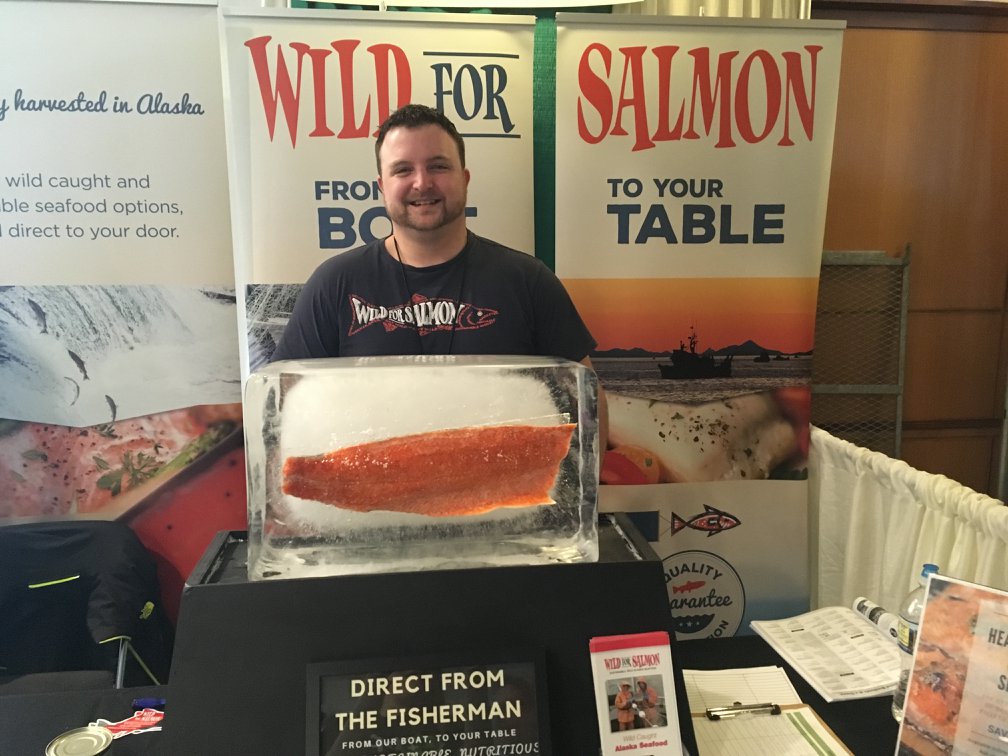

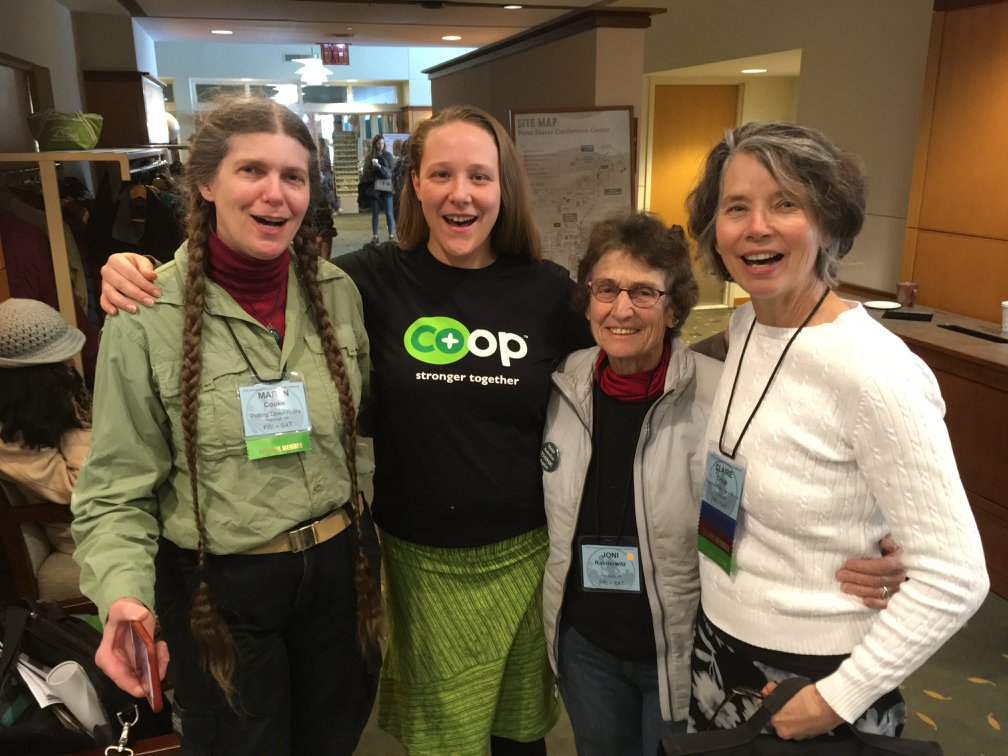

Leave A Comment